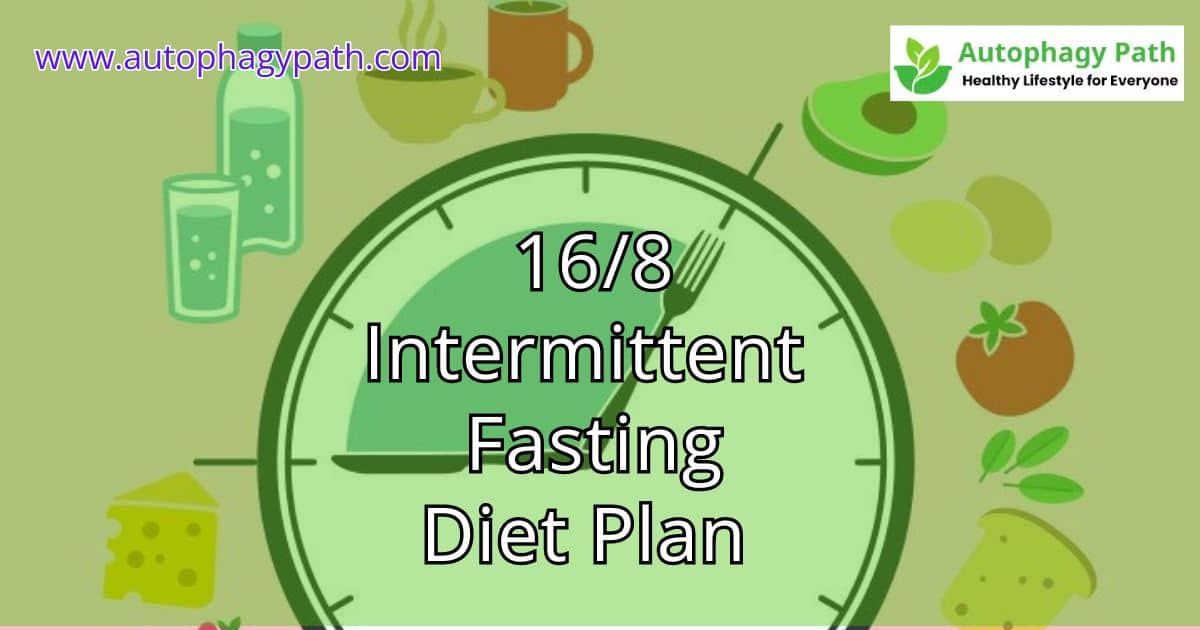Does Intermittent Fasting Diet Chart Work
Welcome to your question that lingers in your mind for a long Does Intermittent Fasting Diet Chart Work. Here is the current trending answer to your question.
Of late, Intermittent Fasting has gained immense popularity as a weight loss and health improvement strategy. Now, the question that needs an answer is whether it lives up to the hyped sound health acquisition expectations.? Let us explore the ins and outs of IF and its effectiveness through a comprehensive diet chart.
Table of Contents
Does Intermittent Fasting Diet Chart Work

Understanding Intermittent Fasting
Intermittent Fasting is not a diet in the traditional sense but rather an eating pattern that cycles between periods of Intermittent Fasting and eating. The most common approach is the 16/8 method, where you fast for 16 hours and have an eating window of 8 hours. It could mean skipping breakfast and having your first meal around noon, then finishing eating by eight PM in the night.
Benefits of Intermittent Fasting
Numerous studies have highlighted the potential benefits of Intermittent Fasting. It can aid weight loss by reducing calorie intake and boosting metabolism. Intermittent Fasting has improved insulin sensitivity, reduced inflammation, and enhanced brain function.
Intermittent Fasting Diet Chart
Let us break down a sample Intermittent Fasting diet chart for better clarity:
Noon: Start of eating window
Meal 1: Balanced lunch with lean protein, good fat, whole grains, and vegetables
8 PM: End of eating window
Meal 2: Dinner comprising lean protein, healthy fats, and leafy greens
How to Follow the Diet Chart Effectively
Consistency is when following an Intermittent Fasting diet chart. Ensure you stay hydrated during fasting periods and opt for nutrient-dense foods during your eating window. Planning meals can also help you stick to the schedule.
Real-Life Success Stories
Many individuals have experienced positive outcomes with Intermittent Fasting. From weight loss to improved energy levels, IF has transformed lives. Here’s a glimpse into some real-life success stories:
John Schaefer lost 20 pounds in 3 months by combining IF with regular exercise.
Dr. Sarah Hall-berg saw improvements in her blood sugar levels after adopting an IF routine.
Dr. Mike noticed increased mental clarity and focus after following an IF diet chart.
Addressing Common Concerns
It is natural to have concerns about IF, especially regarding hunger and nutrient intake. However, IF is flexible and can be adjusted to suit individual needs. In general, people suffering from chronic health challenges, eating disorders, pregnant women, lactating mothers, and children below 18 years are not to adopt Intermittent Fasting. They need to approach their healthcare professional or nutritionist for personalized guidance.
Let us delve deeper into Intermittent Fasting by exploring additional aspects and insights.

The Science Behind Intermittent Fasting
One of the fascinating aspects of Intermittent Fasting (IF) is its impact on our bodies at a biological level. During fasting intermittently, our insulin levels drop significantly, prompting the body to use stored fat for energy. This metabolic switch, known as ketosis, can lead to efficient body fat burning and weight loss over time.
Moreover, IF triggers autophagy, where the body removes damaged cells and recycles components to promote cellular repair and longevity. This cellular cleansing mechanism has various health benefits, including improved immune function and reduced risk of chronic diseases.
Understanding Different Intermittent Fasting Methods
While the 16/8 method is popular, other Intermittent Fasting approaches are worth exploring. The 5:2 diet involves eating normally five days a week and restricting calorie intake to around 500-600 calories on two non-consecutive days. This method offers flexibility and may suit a rigid fasting schedule.
Another variant is an alternate-day fast between days of regular eating and days of significant calorie restriction. This method can be challenging for some individuals but has shown promising results in weight loss and metabolic improvements.
Optimising Nutrient Intake During Eating Windows
One common concern with IF is ensuring adequate nutrient intake during eating windows. Focus on nutrient-dense foods such as lean proteins, whole grains, fruits, vegetables, and healthy fats. Incorporating a variety of foods can help meet essential nutrient requirements and support overall health.
Additionally, paying attention to hydration is essential, especially during fasting periods. Drinking water, herbal teas, or low-calorie beverages can help prevent dehydration and support optimal body function.
The Role of Exercise in Intermittent Fasting
Clubbing together Intermittent Fasting with Regular Exercise patterns go hand in hand to get amplified benefits. Physical activity during fasting periods, such as light cardio or strength training, can enhance body fat burning and overall fitness levels. However, listening to your body and adjusting exercise get intensity based on energy levels and comfort.
Intermittent Fasting and Mental Well-Being
Beyond physical health, IF may also have positive effects on mental well-being. Some individuals report increased focus, clarity, and mood stability when following an IF routine. The absence of constant meal planning and snacking may lead to a healthier relationship with food and reduced stress around eating habits.
Long-Term Sustainability and Lifestyle Adaptation
One of the keys to successful Intermittent Fasting is its sustainability as a lifestyle choice. Rather than viewing it as a short-term diet, incorporating IF into your daily routine can lead to long-lasting benefits. Experimenting with different fasting methods, adjusting meal timings based on personal preferences, and staying mindful of overall nutrition is essential for sustainable IF practice.

Consultation with Healthcare Professionals
Before embarking on any dietary or lifestyle changes, it is advisable to consult with healthcare professionals or nutritionists, especially if you have underlying health conditions or specific diet requirements. They can offer personalized guidance, monitor progress, and address any concerns along the way.

Building a Supportive Community
Joining online forums, social media groups, or local communities focused on Intermittent Fasting can provide valuable support and motivation. Sharing experiences, tips, and challenges with like-minded individuals can enhance your IF journey and keep you accountable.
Embracing Flexibility and Mindful Eating
While Intermittent Fasting offers structure, it is essential to maintain a balanced approach to eating. Embracing flexibility, practicing mindful eating, and enjoying meals without guilt or restriction can foster a positive relationship with food overall.
Incorporating IF into Different Lifestyles
Intermittent Fasting is adaptable to various lifestyles, including busy work schedules, travel routines, and social gatherings. Planning, making mindful food choices, and staying consistent with fasting periods can help integrate IF seamlessly into different daily routines.
Continued Research and Evolution of Intermittent Fasting
As interest in Intermittent Fasting grows, research and scientific studies continue to explore its effects on health, longevity, and disease prevention. Staying informed about new findings and developments can guide decision-making regarding IF practices.
The Journey of Self-Discovery and Wellness
Ultimately, Intermittent Fasting is not just about weight loss or physical improvements; it is a journey of self-discovery and holistic wellness. Listening to your body, honouring its needs, and finding a sustainable approach to health and nutrition are fundamental aspects of embracing Intermittent Fasting as part of a balanced lifestyle.
The amount of weight you can lose in a month with Intermittent Fasting varies based on factors like starting weight, diet quality, exercise, and consistency. On average, many people aim for 1-2 pounds per week, so in a month, you might lose 4-8 pounds with a well-managed intermittent fasting plan.
Fasting Intermittent can be a beneficial diet plan for some people. It may help with weight loss, improve metabolic health, and simplify eating patterns. However, individual results vary, depending upon an eating pattern that suits your lifestyle and health goals. Consulting a healthcare professional is advisable before starting any new diet plan.
The most effective intermittent fasting schedule varies based on individual preferences and lifestyle. Popular methods include the 16/8 (fasting for 16 hours, eating within an 8-hour window) and the 5:2 (eating for five days, restricting calories for two days) approaches. Experimentation helps find what works best for you.
The time to see results varies. Some people notice changes in energy levels and hunger cues within a week. Weight loss typically becomes noticeable within a few weeks to a month, depending on factors like diet, exercise, and individual metabolism. Consistency is essential for sustained results.
Intermittent Fasting can be a powerful tool for improving health and achieving weight-related goals. However, it is essential to approach Intermittent Fasting with knowledge and awareness. Experimenting with different IF methods and monitoring how your body responds can help determine if it is for you.
Continuing the Conversation
If you are curious about Intermittent Fasting or have experiences and insights to share, feel free to engage in conversations, ask questions, and connect with others on similar wellness journeys. Together, we can explore the potential and possibilities of Intermittent Fasting as a tool for enhancing health and vitality.
Conclusion:
I hope this extended discussion adds depth and value to your understanding of Intermittent Fasting and its broader implications for health and wellness!
Comment Reply:
Should you have questions or share your experience with Intermittent Fasting, comment below. Let us continue this conversation and support each other on our wellness journeys!
I hope this meets your requirements for a comprehensive blog post on Intermittent Fasting and its diet chart!






